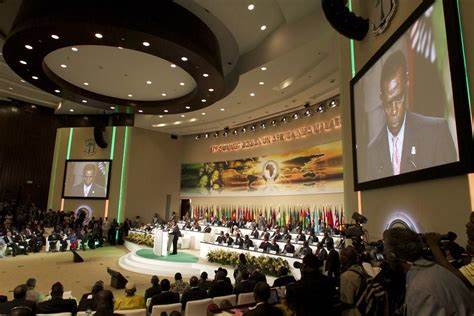
As global dynamics shift and the rules of international engagement are rewritten, Africa stands at a crossroads, seeking to assert its strategic autonomy in a rapidly transforming geopolitical landscape.
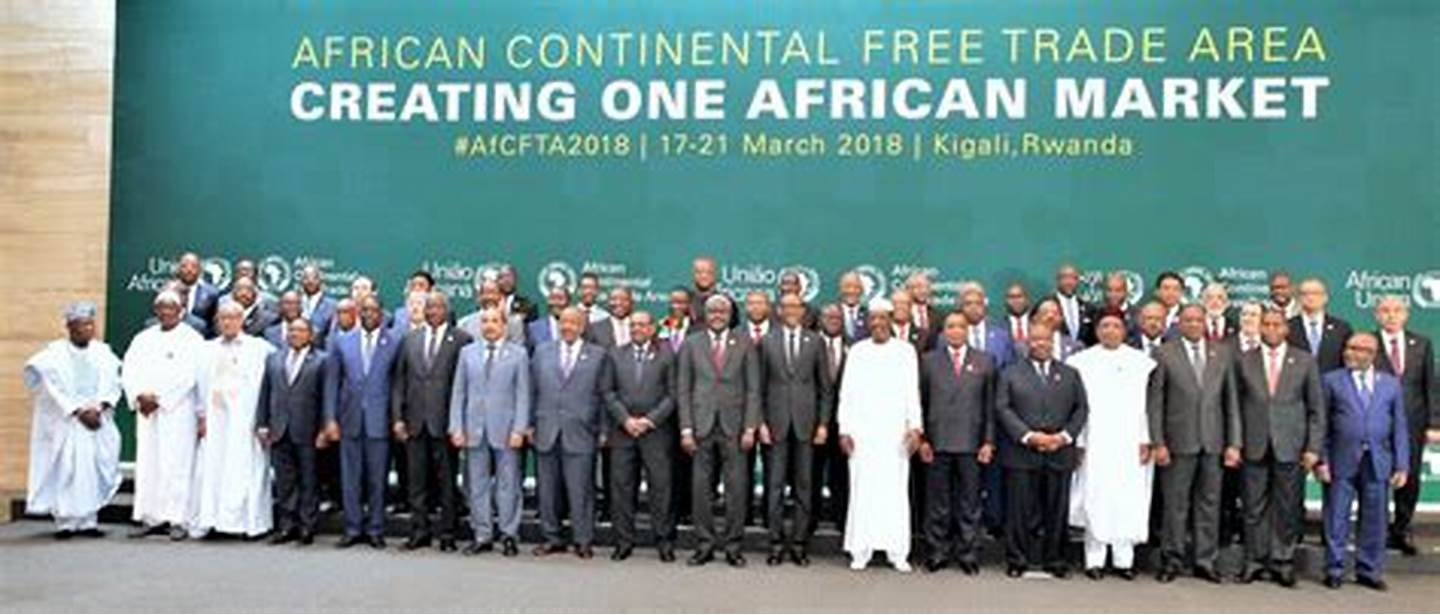
Amidst the decline of the post-1945 multilateral system and the waning of Pax Americana, the continent with its 55 United Nations member states, rich natural resources, and youthful demographic is poised to redefine its role from a rule-taker to a co-rule-maker.
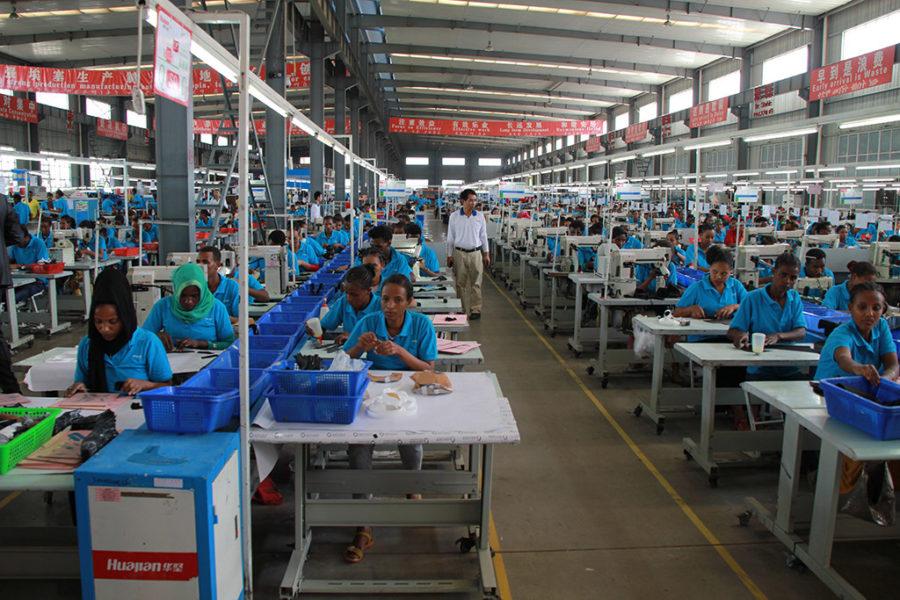
The existing partnerships with Western countries have long been a source of discomfort for African nations, marred by political, economic, and cultural impositions, perceived double standards, and conditional support.
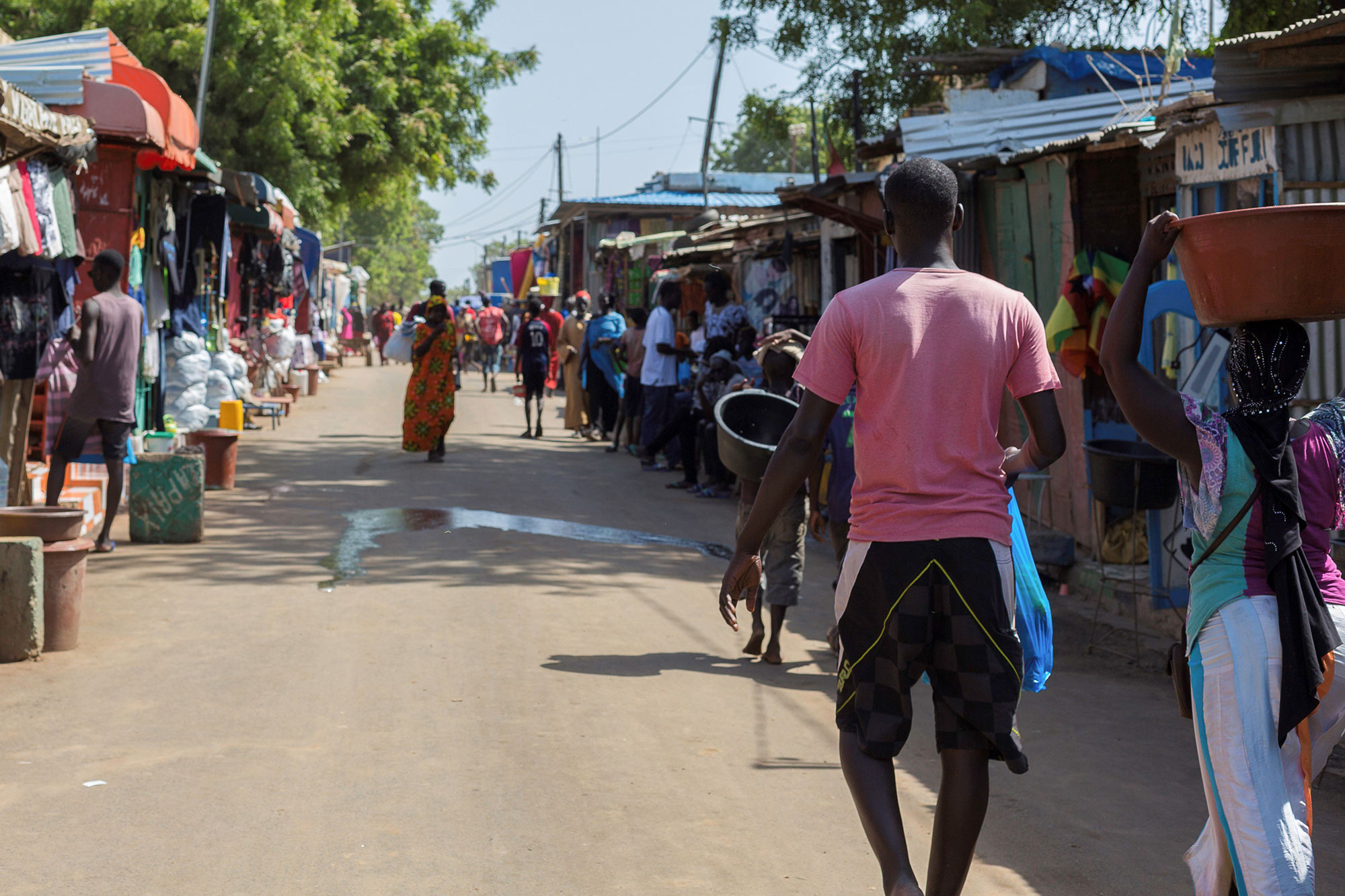
In contrast, African leaders have increasingly turned their gaze eastward, forging new alliances with the likes of India, Russia, and Turkey.
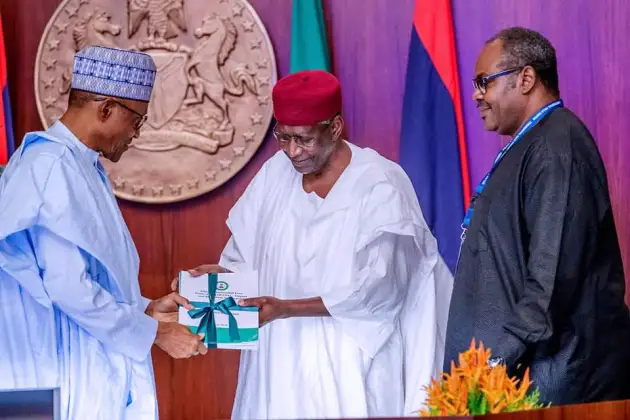
Zimbabwe’s official “Look East Policy” and similar strategies across the continent reflect a deliberate diversification of relations aimed at reducing dependence on Western countries.
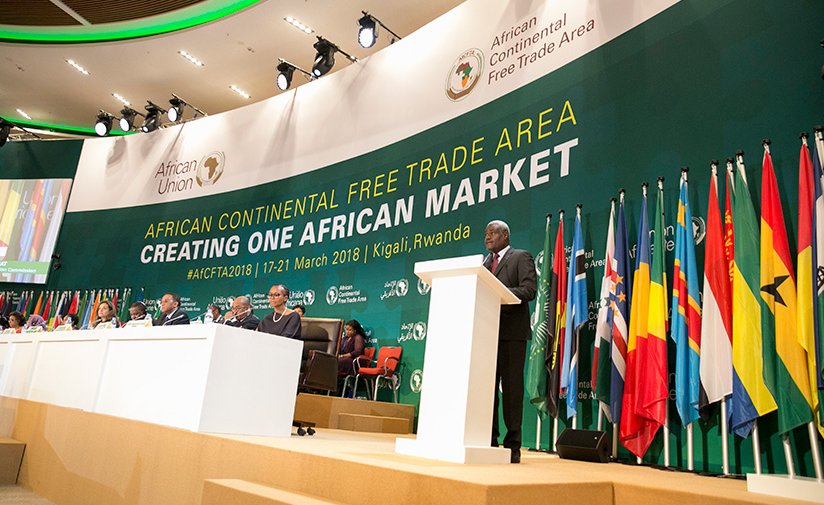
However, multi-polarity does not guarantee the absence of exploitative relationships.
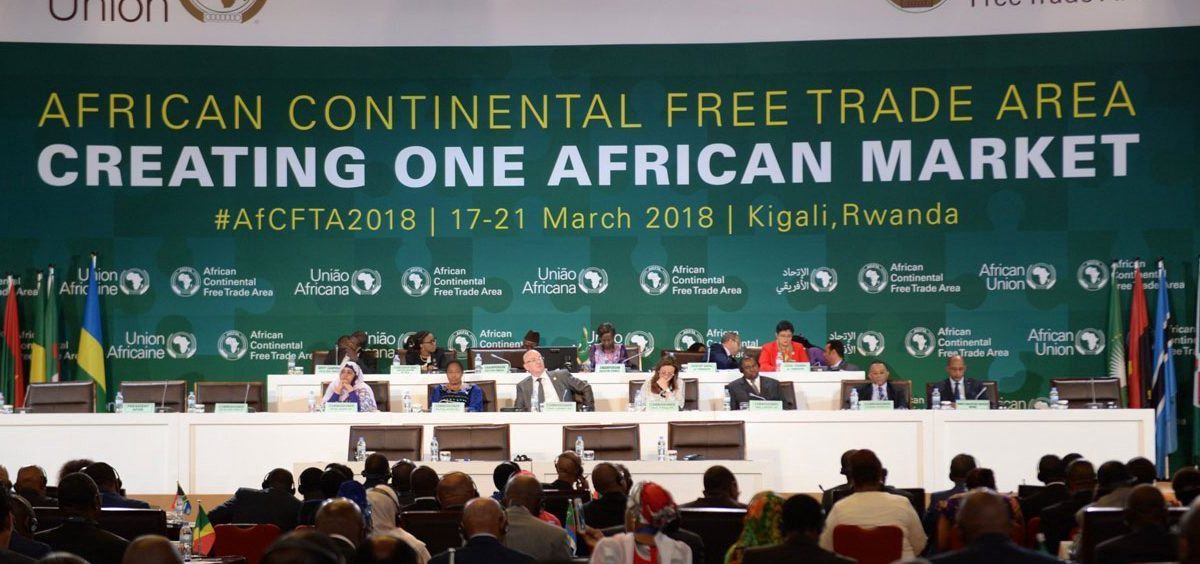
The continent’s policymakers must remain vigilant to avoid replacing old dependencies with new ones that could be equally, if not more, lopsided and exploitative.
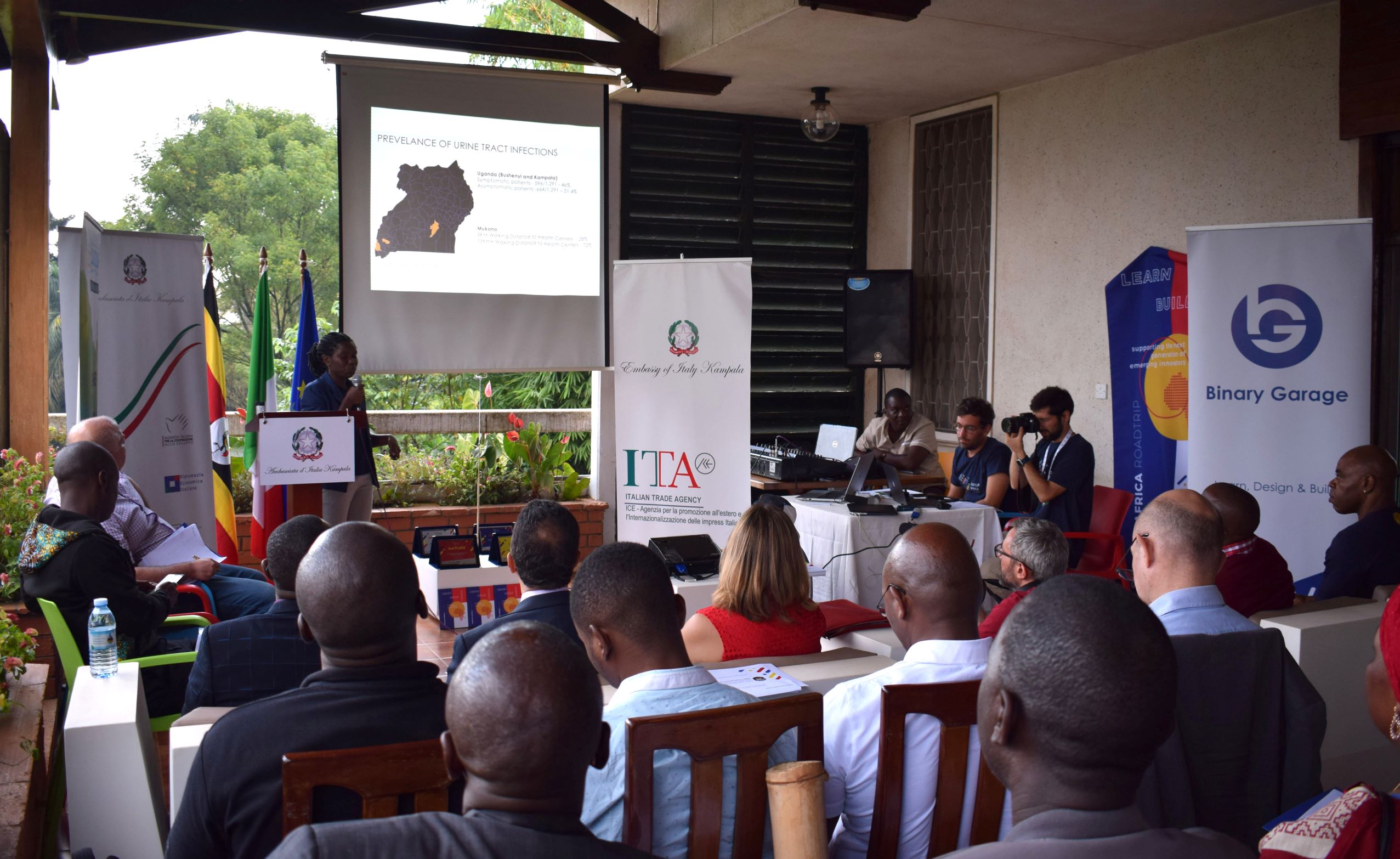
The competition for Africa’s resources and strategic advantages has intensified, with the Sahel region witnessing coups and the emergence of private military contractors like the Wagner Group as proxies for Russian interests.

Mauritania’s newfound strategic significance post-coup in Niger and the BRICS bloc’s expansion to include Ethiopia and Egypt signal the continent’s increasing geopolitical value.
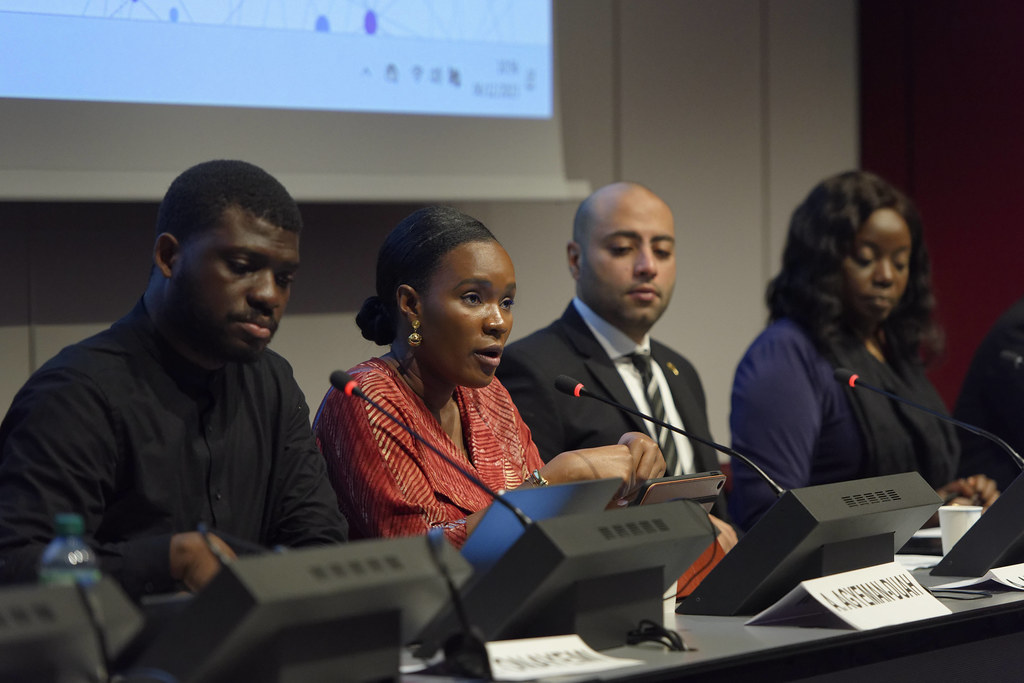
Amidst these complex dynamics, African leaders are urged to pursue an enlightened non-alignment policy that protects the sovereignty, security, welfare, and freedom of its peoples.

The development of common positions on global issues, a shared vision of leadership, and a departure from an extraverted economic model inherited from colonial times are imperative for Africa to claim its place in the new world order.

The geopolitical changes also offer an opportunity for African nations to exercise more control over their economic destinies.
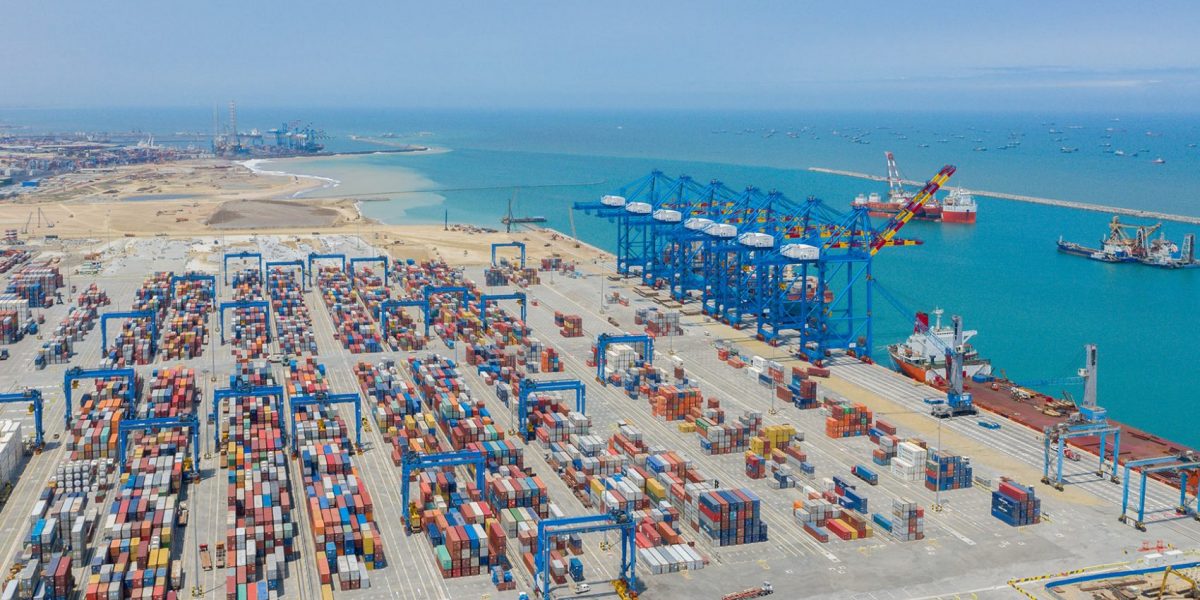
Engaging with powerful foreign partners must be approached with wisdom, and development should not be hindered by anti-Western rhetoric or opaque international relations.

Leaders are encouraged to explore collaborations that genuinely contribute to the continent’s industrialization, resource utilization, and employment generation.
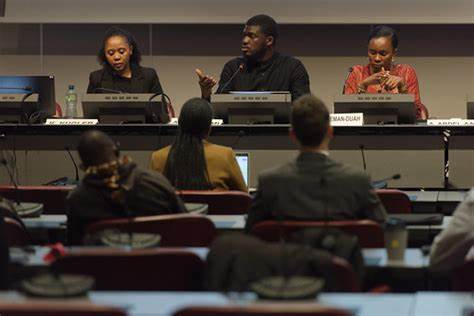
Moreover, the African Continental Free Trade Area (AfCFTA) offers a framework for economic diplomacy, potentially resetting commercial ties and fostering “win-win” cooperation. While external powers vie for influence, Africa’s unity and collective action may blunt dangerous rivalries and shape a more autonomous role in the global arena.
Relevant articles:
– From rule-taker to rule-maker: Africa in the changing world order, European Council on Foreign Relations (ECFR)
– The Year Geopolitical Competition Returned to Africa, Foreign Policy
– How Geopolitical Changes Influencing Africa’s Unity and Development, Modern Diplomacy
– Africa caught in a geopolitics bind, African Business
